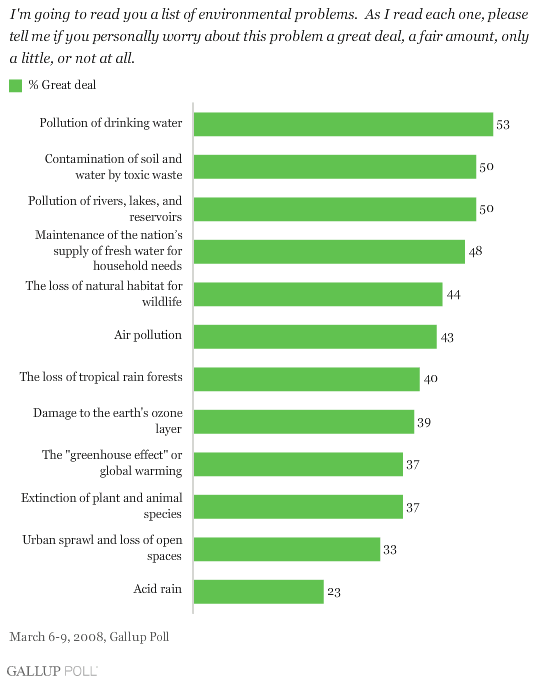The Surveillance State And The Rise Of AI-Powered Therapy

Table of Contents
The Allure of AI in Mental Healthcare
AI is rapidly transforming mental healthcare, offering solutions to long-standing challenges. Its appeal stems from two primary advantages: increased accessibility and the potential for data-driven personalized treatment.
Accessibility and Affordability
AI-powered therapy platforms have the potential to revolutionize access to mental health services, particularly for underserved populations. Traditional therapy often faces barriers such as: high costs, limited availability, and geographical limitations. AI offers solutions to these issues:
- Reduced costs: AI-powered platforms can significantly reduce the cost of therapy, making it more affordable for individuals with limited financial resources.
- 24/7 availability: Unlike human therapists, AI-powered tools are available 24/7, providing immediate support whenever needed.
- Overcoming geographical barriers: AI-powered therapy can bridge geographical gaps, providing access to mental healthcare for individuals in remote areas with limited access to mental health professionals.
- Personalized treatment plans: AI can tailor treatment plans based on individual needs and preferences, optimizing treatment effectiveness.
Data-Driven Personalized Treatment
AI algorithms can analyze vast amounts of patient data – including symptoms, treatment responses, and lifestyle factors – to generate tailored treatment plans. This data-driven approach offers several advantages:
- Improved diagnostic accuracy: AI can assist in diagnosing mental health conditions with greater accuracy and speed.
- Personalized interventions: AI can recommend specific interventions and techniques tailored to an individual's unique needs and preferences.
- Monitoring progress: AI can track treatment progress and provide real-time feedback to both the patient and the therapist (if involved).
- Predicting relapse: By analyzing patterns in patient data, AI can potentially predict relapses and allow for proactive intervention.
Privacy Concerns in AI-Powered Therapy
While AI-powered therapy offers significant benefits, it also presents substantial privacy concerns within the context of the surveillance state. The sensitive nature of mental health data necessitates careful consideration of several key issues.
Data Security and Breaches
Storing sensitive patient data in digital platforms introduces significant risks. The potential for hacking and data breaches is a major concern, potentially exposing private information to unauthorized access. Mitigating these risks requires robust security measures:
- Data encryption: Employing strong encryption techniques to protect data at rest and in transit is crucial.
- Secure storage solutions: Utilizing secure cloud storage solutions with robust security protocols is essential.
- Compliance with data protection regulations: Adherence to regulations like HIPAA (in the US) and GDPR (in Europe) is paramount.
Algorithmic Bias and Discrimination
AI algorithms are trained on data, and if that data reflects existing societal biases, the algorithms themselves may perpetuate and even amplify these biases. This can lead to discriminatory outcomes in mental healthcare:
- Bias in data sets: Data used to train AI algorithms may underrepresent certain demographic groups, leading to biased outcomes.
- Lack of diversity in development teams: A lack of diversity in the teams developing these algorithms can further contribute to bias.
- Potential for discriminatory outcomes: Biased algorithms may lead to unequal access to care or inappropriate treatment recommendations for certain groups.
Lack of Human Oversight and Empathy
While AI can assist in many aspects of therapy, it cannot replace the human element. The lack of human oversight and empathy can present significant limitations:
- Importance of human-therapist interaction: The therapeutic relationship is built on trust and empathy, which AI currently struggles to replicate fully.
- Limitations of AI in understanding nuanced emotions: AI may struggle to understand the complexity and nuances of human emotions, leading to misinterpretations and ineffective interventions.
- Potential for dehumanization: Over-reliance on AI could lead to a dehumanizing experience for patients, diminishing the crucial human connection in therapy.
Striking a Balance: Mitigating Risks and Maximizing Benefits
To harness the potential of AI-powered therapy while protecting patient privacy, a careful balance must be struck. This requires a multi-pronged approach:
Robust Data Privacy Regulations
Stronger regulations and ethical guidelines are crucial for protecting patient privacy in the context of AI-powered therapy. This includes:
- Transparent data usage policies: Clear and concise policies outlining how patient data is collected, used, and protected.
- User consent: Obtaining informed consent from patients before collecting and using their data.
- Independent audits: Regular independent audits to ensure compliance with data protection regulations and ethical guidelines.
- Accountability mechanisms: Establishing clear accountability mechanisms for addressing data breaches and other privacy violations.
Human-in-the-Loop Systems
Integrating human oversight into AI-powered therapy platforms is essential to ensure ethical and effective care. This can involve:
- Human therapists reviewing AI recommendations: Human therapists should review AI-generated recommendations before they are implemented.
- Ensuring ethical decision-making: Human oversight ensures that AI-driven decisions align with ethical considerations and best practices.
- Providing emotional support: Human therapists provide essential emotional support and build therapeutic relationships that AI cannot fully replicate.
Promoting Transparency and User Control
Transparency and user control over personal data are paramount:
- Data minimization: Collecting only the minimum amount of data necessary for the intended purpose.
- User rights to access and delete data: Patients should have the right to access and delete their data at any time.
- Clear explanations of AI algorithms: Providing clear and accessible explanations of how AI algorithms work and what data they use.
Conclusion
AI-powered therapy offers transformative potential for mental healthcare, increasing accessibility and enabling personalized treatment. However, the integration of AI into this sensitive field raises significant privacy concerns within the context of the surveillance state. Addressing data security, algorithmic bias, and the limitations of AI in replicating human empathy are critical to ensuring ethical and responsible innovation. The future of mental healthcare hinges on our ability to harness the potential of AI-powered therapy while safeguarding individual privacy. Let's work together to ensure that technological advancements in this field prioritize ethical considerations and protect the vulnerable. The responsible development and implementation of AI-powered therapy, with a strong emphasis on data privacy and human oversight, is essential to ensure a future where technology enhances, rather than undermines, the provision of effective and compassionate mental healthcare.

Featured Posts
-
 Dallas Stars Clinch Series Advantage Johnstons Blazing Fast Goal
May 15, 2025
Dallas Stars Clinch Series Advantage Johnstons Blazing Fast Goal
May 15, 2025 -
 Report Exposes Millions Of Americans To Contaminated Drinking Water
May 15, 2025
Report Exposes Millions Of Americans To Contaminated Drinking Water
May 15, 2025 -
 Foot Locker Earnings Data Evidence Of Nikes Successful Turnaround
May 15, 2025
Foot Locker Earnings Data Evidence Of Nikes Successful Turnaround
May 15, 2025 -
 Quick Facts About Wayne Gretzky His Life And Legacy
May 15, 2025
Quick Facts About Wayne Gretzky His Life And Legacy
May 15, 2025 -
 Silence On Russia Ukraine Vance Presses Biden On Trumps Actions
May 15, 2025
Silence On Russia Ukraine Vance Presses Biden On Trumps Actions
May 15, 2025
